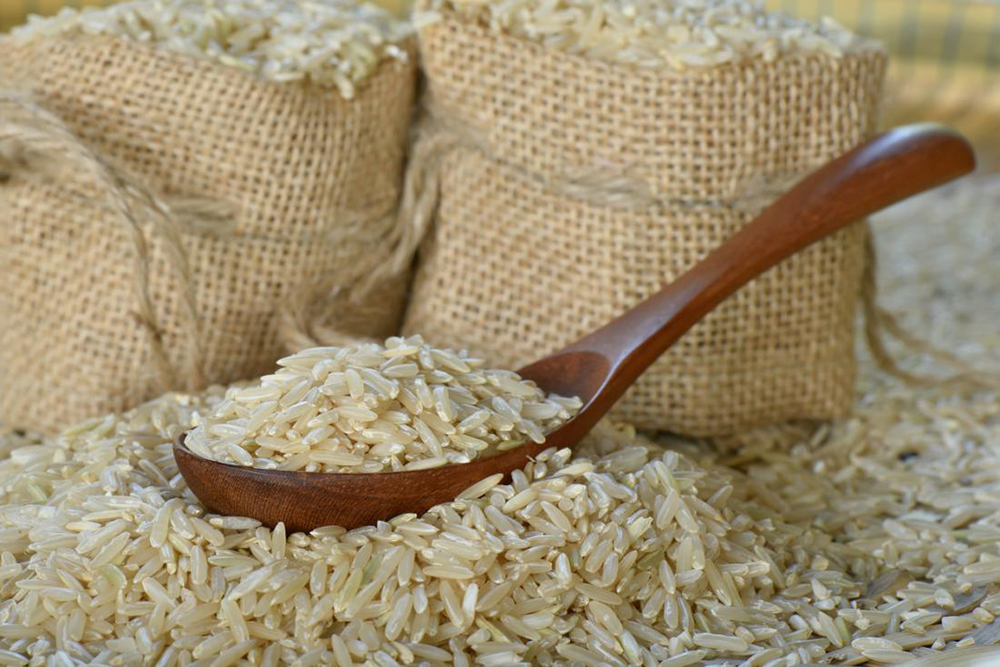Nigeria is now the largest rice producer at 4 million tons a year.
Experiencing a consistent increase in the demand, rice in the African Continent has in the past three decades grown in popularity to become a major feature in the continental diet. It currently takes the first position on the list of fastest-growing staple foods.
It was mostly consumed during special events in the early 1970s but it has gradually replaced yams, sweet potatoes and cassava on the dinner table. This growth has a direct link to the growing incomes, rapid urbanization rates as well as population growth.
Nigeria is currently the largest rice producing country in Africa and this is largely the result of continuous efforts by the current administration to place more emphasis on agrarian production.
Since the oil prices plummeted on the global market the move was aimed at reducing the nation’s over reliance on oil which has in the past year proved economically devastating. Also, keen on improving the country’s self-sufficiency the government is working on reducing the commodity’s import burden that currently runs into almost $400 million annually.
The Anchor Borrowers Program has also helped in boosting rice farming as the local central bank avails loans and distributes requisite tools to the farmers to boost production.
Eclipsing Egypt in its position Nigeria has become the largest producer of rice in Africa. This was revealed by Director-General of the Africa Rice Center, Benin Republic, Dr Harold Roy-Macauley.
The Federal Ministry of Agriculture director claimed that the country had reached self-sufficiency in the commodity by the end of 2017. According to a report, the country’s production capacity had reached 15 million metric tons translating to major savings as the country would no longer need to import the commodity.
Nigeria, in fact, consumes about 8 million tons, a figure that rises by about 6% annually. With around 34 states involved in rice cultivation, it is projected that the country would have a surplus for export by the year 2019.
The president of The Rice Farmers Association of Nigeria (RIFAN), Aminu Goronyo said that Nigeria has two farming seasons for rice and in each of the seasons 4 million tonnes of rice is produced. This means that in total, Nigeria produces 8 million tonnes of rice.
The two seasons which produce 8 million tonnes engage a total of 12 million farmers. Goronyo also said that Nigeria does not plan to put a total ban on rice importation before the end of this year.
Although Nigeria is now the highest producer of rice in Africa the continent is still a long way off from catching up with the global rice production rates. The African continent has a very high production potential but has only utilized a fraction of this































































































